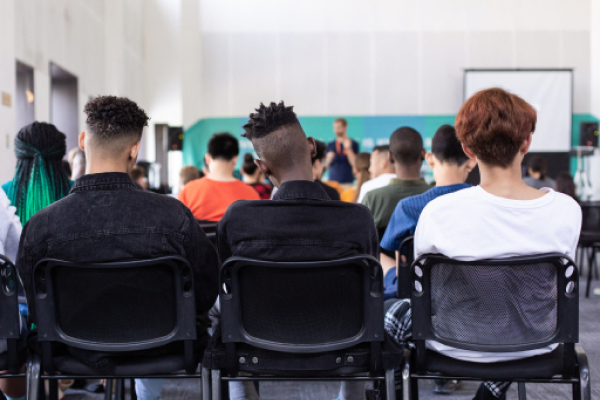
Twice-Exceptional Gifted Children: Understanding, Teaching, and Counseling Gifted Students
Does your kid perform exceptionally well in some subjects but not in others? The chances are – they might be extremely gifted!
However, when pedagogues fail to see the complete picture of students’ development needs, they can’t devise a motivating learning program.
But don’t get discouraged! This blog post can help you better understand, teach and counsel your 2e children, propelling them on their way to success.
BONUS: It’s never a bad idea to have some April Fools’ fun with your students. Curious to see 5 best April Fools’ activities for an IEP classroom? Read on!
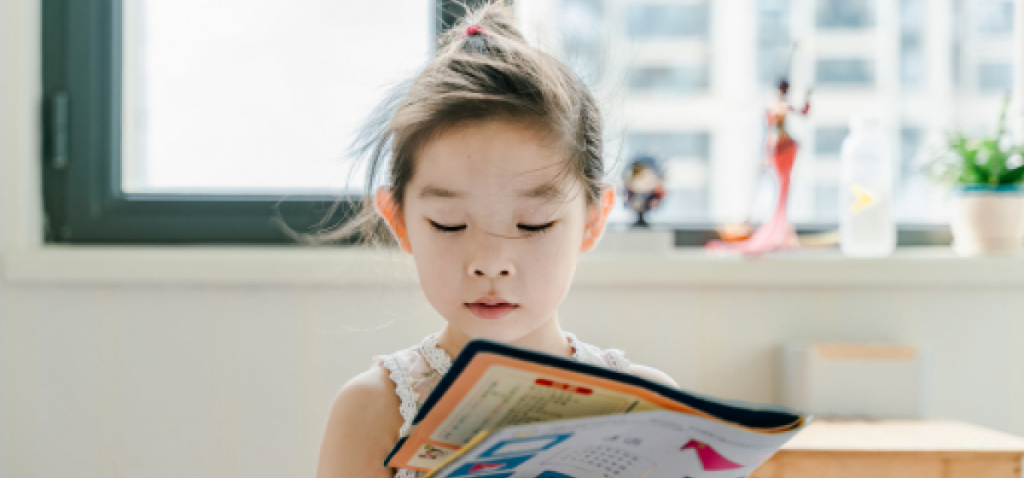
How to Understand if Your Child is a 2e Student?
Twice-Exceptional Gifted Children (2e) are kids who are highly gifted in a few areas (Math, Sports, Music, to name a few). At the same time, they face difficulties in other subjects or have a learning disability (ADHD, reading problems, dyslexia, etc.)
Albert Einstein is a famous example of a 2e student. When he applied to Zurich Polytechnic, he showed remarkable results in the math section, but he also failed language, botanical and zoological sections.
All 2e children are neurodiverse learners who have two or more exceptionalities that share a few similar characteristics:
The “good”:
- Outstanding critical thinking
- Photographic memory
- Strong Curiosity
- Advanced problem-solving skills
And “the bad”:
- Low self-esteem
- Hearing/Reading/Listening problems
- Poor Written Expression
- Socialization Problems
To understand if your child is 2e, you could start by carefully assessing their capabilities using several cognitive tests. We also recommend scheduling a session with a professional 2e children counselor in your area to come up with a proper learning plan for your child.
PRO Tip: You can use this handout to prepare for the first meeting with a
2e counselor:
Download 2e counseling preparation sheet
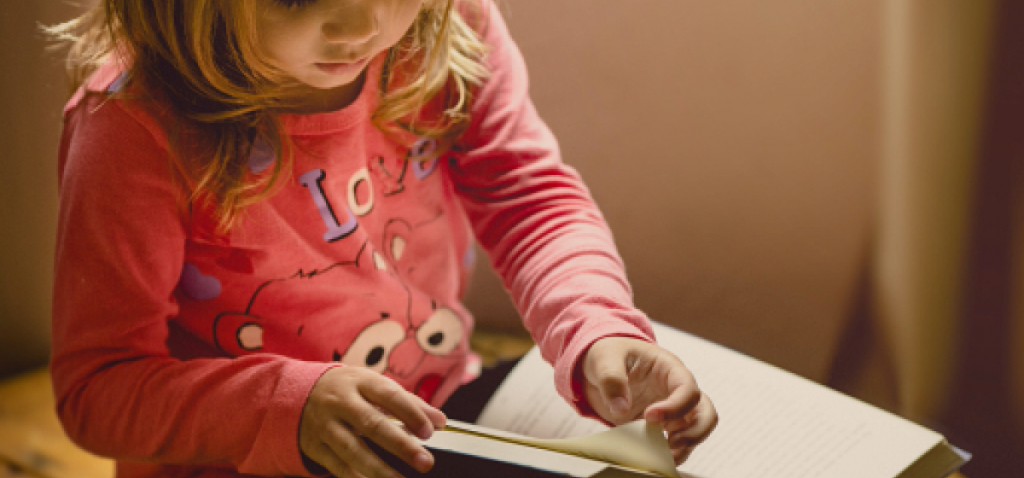
How Does Being 2E Affect Children at School
From a social standpoint, 2e kids are often misunderstood, and sometimes they even try to “shield” themselves from being judged for their weaknesses by hiding their exceptionalities. Such behavior makes it harder for teachers to see “the full picture” and to adjust the learning program for your special kid.
From an academic standpoint, children sometimes get discouraged when they finish the work that they’re good at ahead of the class. They can also get frustrated when they cannot meet the demands of the standardized curriculum.
The good news is that you can create a motivating learning environment for 2e kids. It’s done through individualized learning programs (IEPs) offered in many educational institutions in the USA. So, do your research and be careful when choosing your future school.
BONUS: Looking for the best IEP Classrooms in the USA?
Check Out USA’s 50 Top IEP Programs
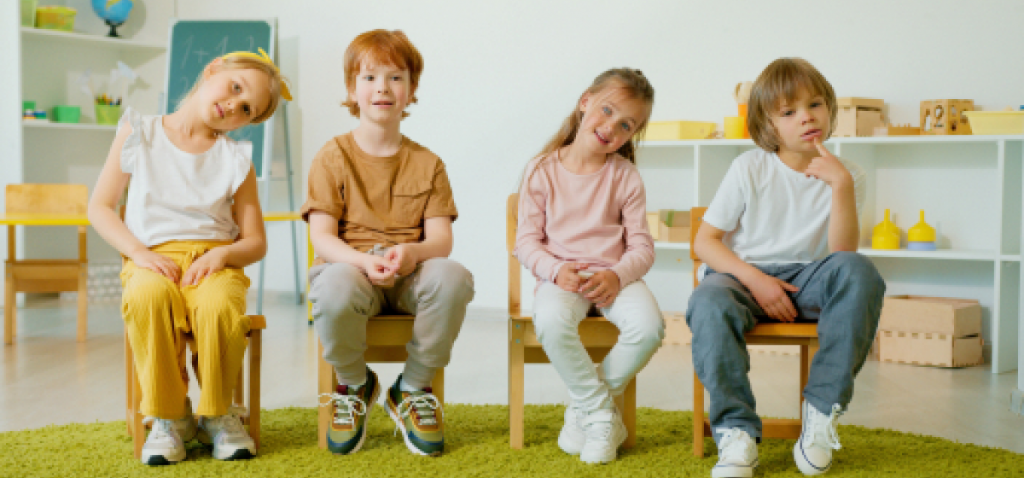
How Can You Support Your 2e Kids?
IES classrooms are a great way to account for each students’ unique needs. One common misconception about IEP programs is that the quality of education that the students receive will be lower compared to a regular classroom.
According to a neuropsychologist, Dr. Zamora, this cannot be further away from the truth. He says that correctly identified, consulted, and supported kids are more likely to stay motivated in the classroom and they feel more like they “belong” in their school’s social circles.
So, your duty as a parent is to make sure that your kids end up studying in such an environment. But even then – your kids will always need your emotional support as well. You should always provide your 2e kid with a shoulder to cry on when things get tough. Let them know that it’s only going to get easier in college when they choose their subjects to act on their strengths (and find like-minded people as well).
Do you want to learn more about helping your exceptional child succeed?
Exceptional Kids Support Guide
Now that we discussed all the essential things, it’s time for something fun!
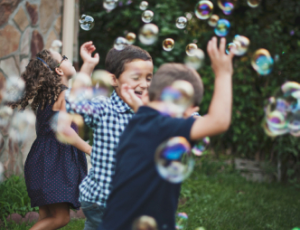
BONUS: April Fools’ Day Special Ed Activities
April Fools’ Day is a great chance to lighten up the mood in your special education classroom! So put on your funky shoes, and laugh it out with your kids. To make activity planning easier, we have assembled this list of top 5 April Fools’ activities for an IEP classroom:
-
Foolish game
A vocabulary game where students need to find as many words related to humor as possible (hoax, joke, grin, etc.) Students have to raise their hands and pronounce the wrote, while the teacher will write them down on the board. Everyone who gets a word right gets a small present (pencil, sticker, star, candy, etc.). Set a goal of 30 words and see if the class can break it!
-
Create an April Fools’ story
Use the words from the previous exercise to train your kids’ imagination! Split the class into 5-6 equal teams and give them an equal fraction of all the words on the board (from the previous exercise). Each group will have to create 2-3 sentences each and incorporate as many words as possible into it. Then teams will take turns picking one sentence each to formulate a fun April Fools’ story!
-
Watch some Funny YouTube Videos
Take a 15-minute break and watch some short videos: funny fails, cat videos, memes – it could be anything (just as long as it’s fun and safe for kids.)
-
Practical Jokes Contest
This is a planning/writing game where students create ideas for practical jokes. Tell them to write down three things: the description of their practical joke, supplies needed for the trick, and where would they go to get those supplies. You can vote for the best-planned ideas at the end of the class.
-
April Fools’ Reading
Nothing makes the classroom brighter than the good ol’ laughter. So, gather in a circle and read some fun April Fools’ books together (keep in mind the reading and comprehension speed of each student carefully). Here are a few of our favorite picks:
- April Foolishness by Teresa Bateman
- Barnyard Fun by Maureen Wright
- Arthur’s April Fool by Marc Brown
- April Fool! Watch Out at School! by Diane DeGroat
Hungry for More IEP-friendly April Fools’ games?
See More April Fools’ Activities
We hope that these activities can help you brighten up the classroom! Do you need some help with different IEP activities for the future? Check out our blog for more actionable tips on how to help your IEP children succeed or contact us for a free consultation.
Until next time!